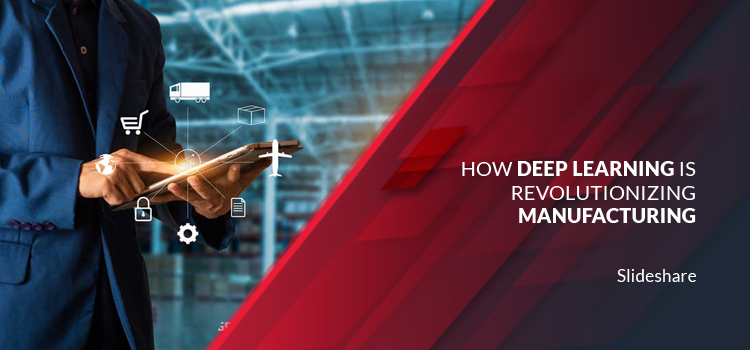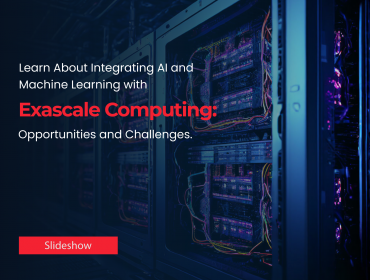Industry 4.0 is now underway, changing the traditional manufacturing processes into smart manufacturing and creating new opportunities where machines can understand the involved processes, interact with the environment, and adapt to their behavior.
The advancement in technology through deep learning has brought the opportunity to accelerate discovery processes and improving decision making.
Predictive Maintenance
Deep learning models have already proven to be highly effective in the domain of economics and financial modeling, dealing with time-series data.
Similarly, in predictive maintenance, the data is collected over time to monitor the health of an asset with the goal of finding patterns to predict failures.
Determining when to conduct maintenance on equipment is an exceptionally difficult task with high financial and managerial stakes. Each time a machine is taken offline for maintenance, the result is reduced production or even factory downtime. Frequent fixes translate into clear losses, but infrequent maintenance can lead to even more costly breakdowns and catastrophic industrial accidents.
This is why the automated feature engineering of neural networks is of critical importance.
Improving quality control
Machine learning in general and deep learning in particular can significantly improve the quality control tasks in a large assembly line.
In fact, analytics and ML-driven process and quality optimization are predicted to grow by 35% and process visualization and automation are slated to grow by 34%
Deep learning architectures like convolutional neural nets are particularly poised to take over from human operators to spot and detect visual clues indicative of quality problems in manufactured goods and parts in a large assembly process. They are much more scalable than their older counterparts, which relied on hand-crafted feature engineering, and can be trained and re-deployed in whichever section of the manufacturing plant needs them.
Perfecting supply chain
ML plays a vital role in improving an organization’s value by maximizing its logistical solutions such as asset management, inventory management system, and supply chain management.
The combination of IoT and Artificial Intelligence (AI) is crucial for a modern company to realize the optimal operation of its supply chain.
According to a study conducted by A.T. Kearny and the World Economic Forum established that manufacturers are looking on how to combine emerging technologies such as IoT, ML, and AI to improve asset tracking, supply chain visibility and optimizing inventory.











